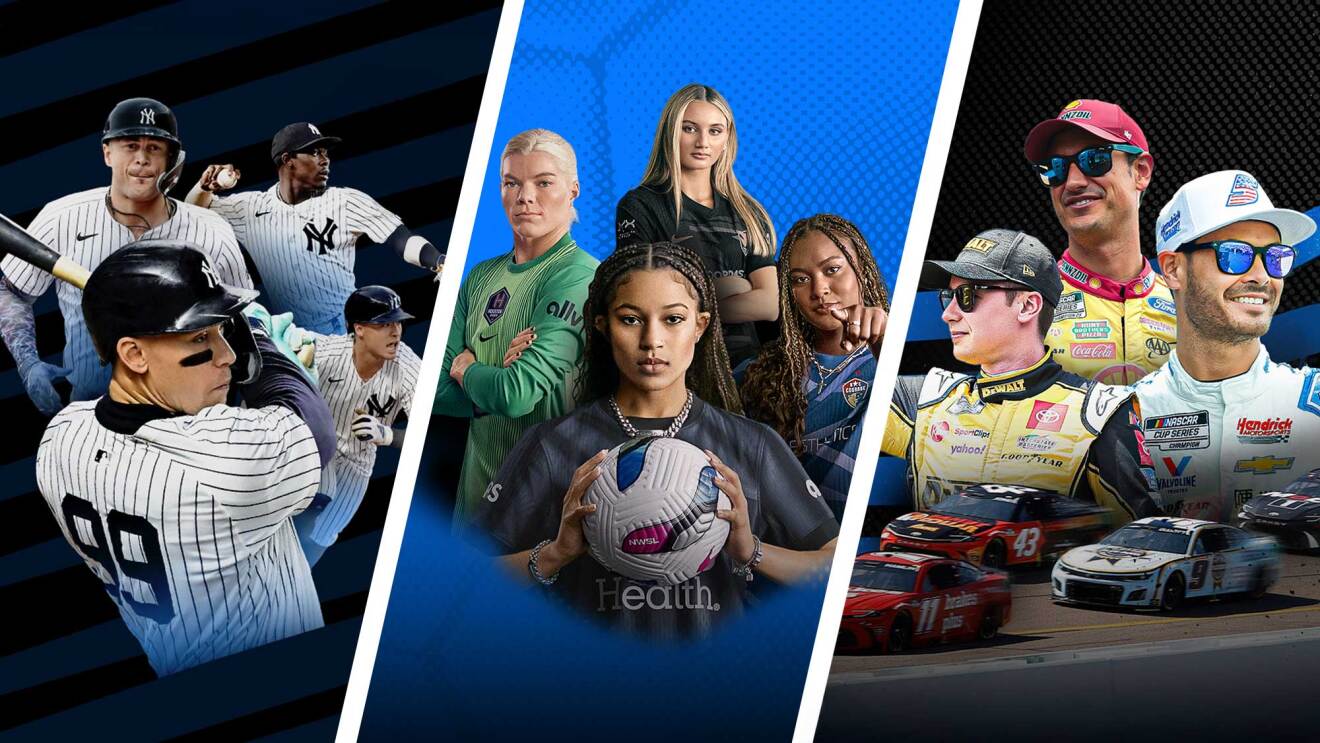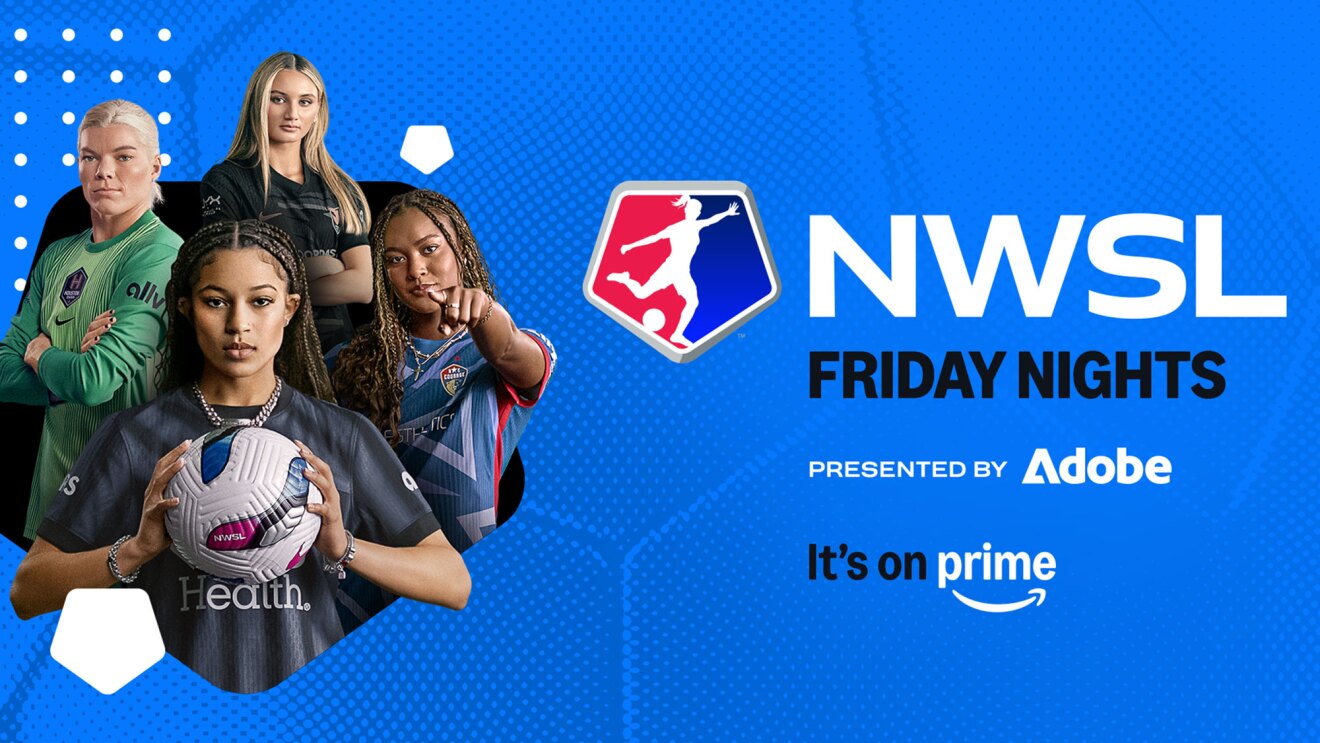Since premiering last month, the Amazon Freevee Original series Jury Duty has become a breakout hit, taking over TikTok while simultaneously being lauded as “one of the best new comedies of the decade.”
The documentary-style courtroom comedy stars Ronald Gladden, a solar contractor from San Diego, who is tapped to serve on a jury of his peers. The catch? Everything about the trial is fake, and Gladden’s fellow jurors are actually a cast of talented comedic actors, including Hollywood A-lister James Marsden. Did Gladden know any of that? Of course not. And the fact Marsden and Co. were able to film an entire series without their co-star catching on is just as surprising as the accolades the show has received.
“I would say it’s been very unexpected,” Marsden laughed. “You hope people are going to see it, but this is nuts. I don’t think I’ve ever been part of something that was in the collective consciousness as fast as this was.”
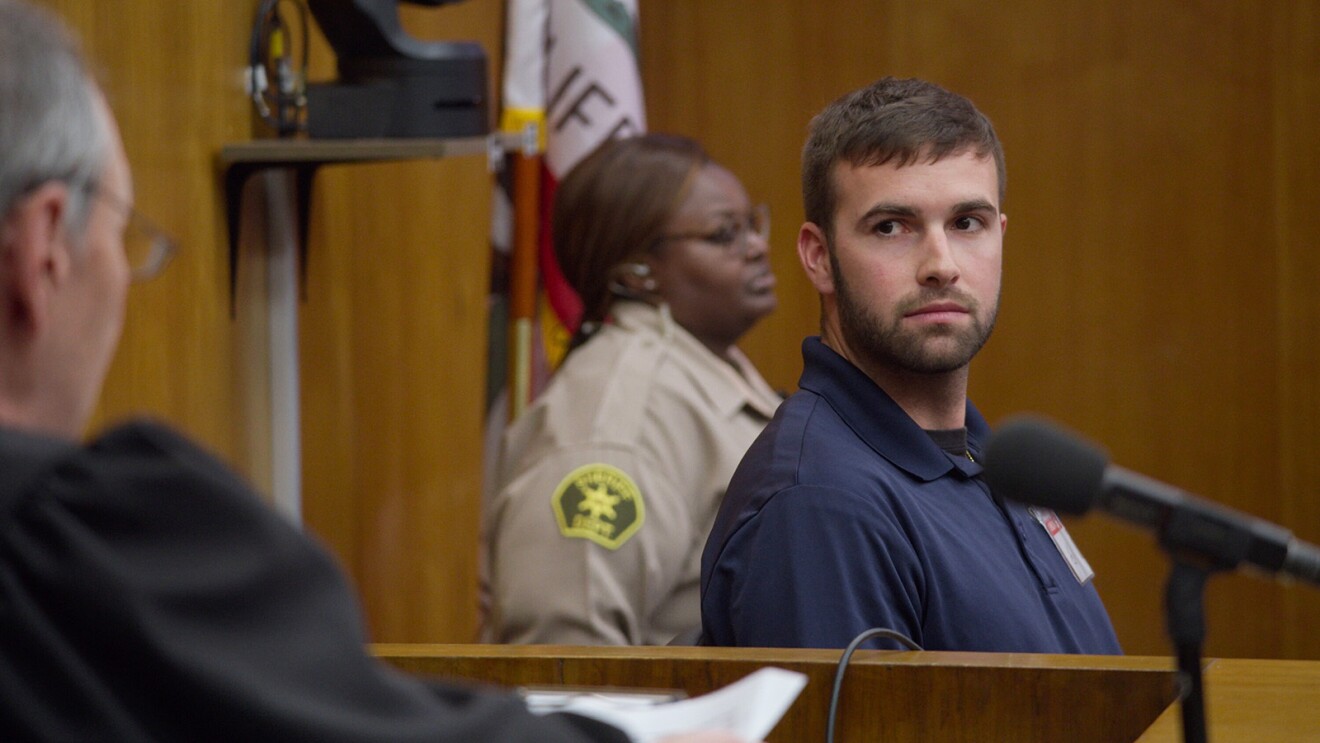
We spoke to Marsden about how he came to be involved with the project, what it was like playing a truly terrible version of himself, and what the Jury Duty crew has planned for an encore.
Your IMDb Page makes it pretty clear you’re the kind of actor who’s willing to try just about anything—but there’s nothing on there quite like ‘Jury Duty.’ So, what made you say yes?
A friend of mine, David Bernad, is a producer of The White Lotus, and he did this movie, Bad Trip, with Eric André. He came to me with this idea of basically, ‘The Truman Show, put in the middle of The Office.’ I did a Zoom with [producers] Lee Eisenberg, David, Gene Stupnitsky, and Todd Schulman, who worked with Sacha [Baron Cohen] on his Borat movies, so I knew I’d be in good company. So, I listened to what they had to say—you know, ‘It’s jury duty, over the course of three weeks, it’s a lot of improv actors,’ which got me excited. And then, ‘One guy doesn’t know that the whole thing is fake.’
And I was like, ‘Well, that sounds like a prank show, and three weeks is a long time to mess with somebody.’ And they were like, ‘No, no, we’re not pranking him—we’re keeping him in the dark, but he’s not the butt of the jokes. We’re creating a hero’s journey for this guy, that hopefully, by the end of it, he has his 12 Angry Men moment, where he unifies us. We’re surrounding him with scripted, bizarre circumstances and eccentric, sort of weirdo characters, and seeing how he reacts, but it’s never targeted at him.’
And I thought ‘OK, well, if we manage to thread that needle, this could really work. And if it doesn’t, well, I’m genuinely in mourning for my career.’ [laughs]
So for three weeks, you were working in an improvisational style, on a set that wasn’t supposed to be a set, with an actor who wasn’t acting. How would you describe the experience?
It was a lot of fun staying in this sort of pressure cooker; you don’t have access to the outside world, to the directors, the writers; you really had to rely on yourself and your fellow actors, which I found really exciting. And I learned that you can’t prepare yourself—if you’re keeping someone in the dark for three weeks, that’s a long time to be fooling someone. There were so many unexpected turns, and I was mentally exhausted at the end of the day; you don’t want to be the one that screws it all up, so you have to be focused and sharp every day.
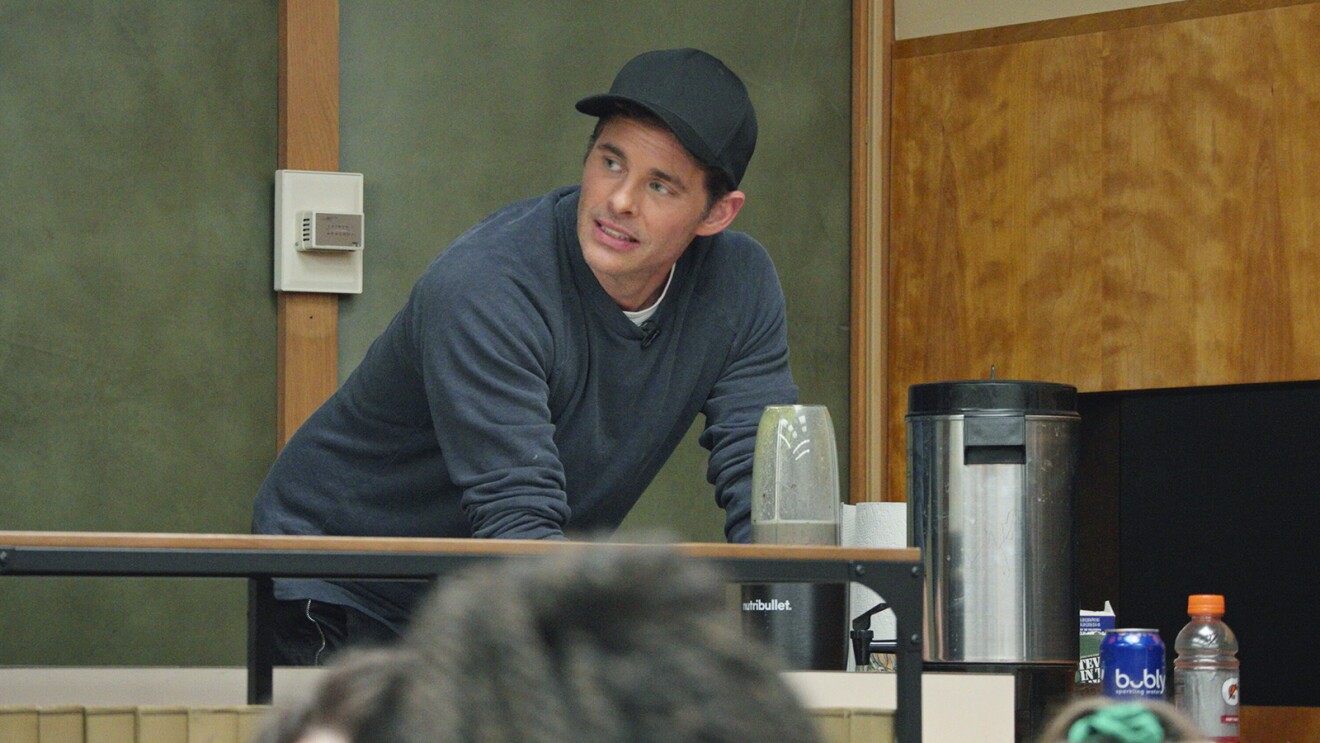 Actor James Marsden in the Amazon Freevee original 'Jury Duty.'
Actor James Marsden in the Amazon Freevee original 'Jury Duty.'It took me a bit of time to find my footing. I mean, I felt comfortable in the character, which was good, since I was playing myself [laughs]. I was sending up this sort of entitled, petulant, Hollywood brat, which was fun to play. I’m not trained in the rules of improv, but I’ve been around enough sets—Anchorman 2, Dead to Me—where they wrote brilliant scripts, but also let us mess around a little bit, so it was something that I always wanted to explore. I didn’t know if I’d be good at it or not, but that style of comedy—Waiting for Guffman is one of my favorite films, and The Larry Sanders Show, and Curb Your Enthusiasm—has always inspired me. I really wanted to get into that world, and there I was, sort of insulated with a lot of good improv artists, and it felt exciting to get in there and play. So, I armed myself with a lot of my own thoughts, I had a journal of lines I could say if [Ronald] said this, or didn’t say this, but at the end of the day, you had to throw it all out and go with the flow.
Were there any moments where you thought, ‘We blew it, he knows this isn’t real’?
There were a few times where he started to get suspicious, but our counter to that was just to pull all the comedy back, and just sit in court for five hours and listen to the attorneys just drone on. He’d be like ‘This can’t be a reality show, because it’s so boring.’ He said something that stuck with me—‘Of all the absurdity going on, and these crazy circumstances, the only thing crazier than that would be if this whole thing was fake.’ So, it was more absurd for him to think this whole thing is orchestrated and fake than it was for him accept these bizarre weirdos that are doing strange stuff. We just had to be nimble; you never really knew what he was going to say or do, and you just kind of had to go. If you want him to take a left, but he takes a right, you have to go right with him, and just sort of adjust. There were scripts; but by the end, it really was just like a beat sheet, like ‘OK, now we’re here, and here’s the beats we’re trying to hit, and we can try to get there.’
What was it like basically playing the absolute worst version of yourself?
Honestly, it’s a bit I do on sets sometimes, where I pretend to be the entitled actor. Like, sitting there in our cast chairs, just being like, ‘I don’t think people realize how hard it is to be an actor; I know there’s difficult jobs out there, but this is a real struggle, and actually, this coffee’s a little weak.’ Playing that character is so much fun; the guy who’s trying to be Mr. Nice Guy, but is clearly so self-involved that he’s lost all sight of reality. And, I mean, I love what I do, I take it seriously, but it’s kind of silly. I don’t take myself too seriously; and people that do take themselves really seriously I find really funny.
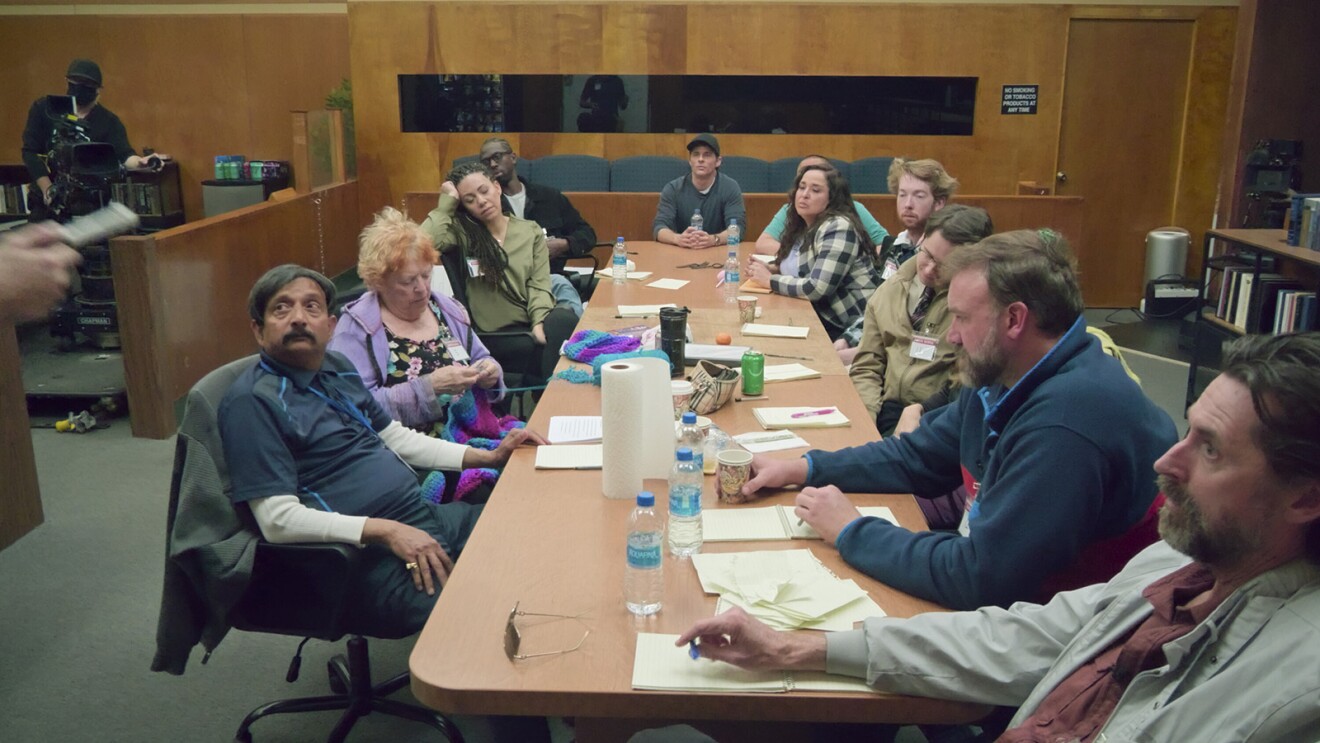
You seemed surprised by the success of the show. Why do you think it has resonated with viewers?
Well, people get their media on their phones, now. They’re watching YouTube and TikTok, and it’s all reality, it’s all real clips of people, like, crashing on their bikes. But they still want scripted stuff, and there’s a nice hybrid thing going on with this [show], were you get the feeling of ‘Hey, they’re working without a net here, and that’s exciting.’ And this show, specifically, has that sort of Office DNA woven into the feel of it. But what sets it apart is that it has a really kind spirit. There’s a really good nature to it, and that was paramount to me from the beginning. I’ll make an ass of myself, but I never wanted to do anything that came off as cruel to Ronald, or embarrassing to him. So as long as we were celebrating this guy, and by the end of it, he knows we’re his real friends—that it wasn’t all fake, the relationships and the friendships were created were very real.
And that was the beating heart of the show; we always knew the comedy would come, but we wanted to make sure there was a kind, sort of uplifting spirit to it. This guy’s a great person; he’s very purehearted, and the humanity oozes out of him. It’s an unconventional way to celebrate someone, by keeping them in the dark for three weeks [laughs]. Somehow, it worked.
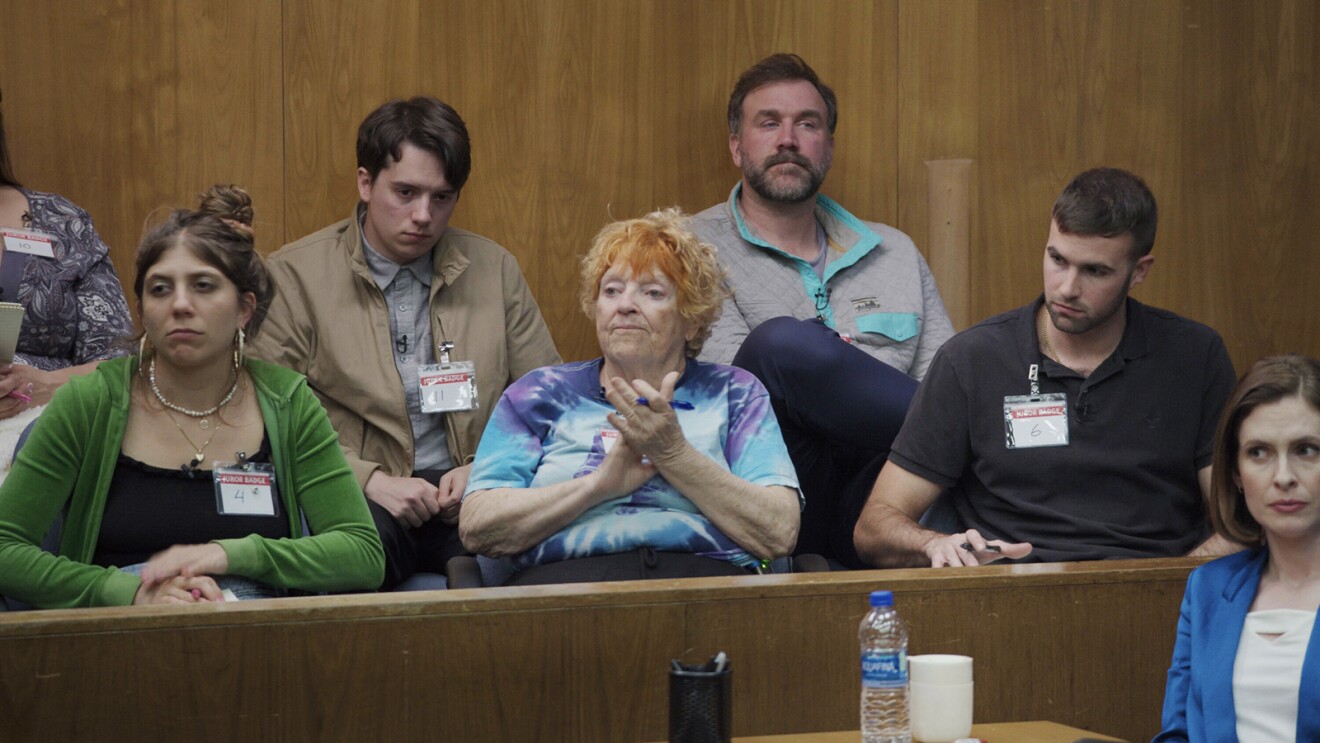
Given the success of the show, I’m sure people are already asking about a second season. But how could you even pull that off?
I don’t know! I know the producers might be kicking around some ideas about how we might continue this, knowing that the audience was really sort of insatiable, that this format is something people want to see. I just don’t know what that will look like. The only way I could be in it for a second season is if I was the one being fooled. And I actually thought about that! I remember talking to Ben Schwartz, saying ‘This is what I’m doing, am I crazy?’ and he goes, ‘Well, just make sure they’re not punking you.’
Trending news and stories




